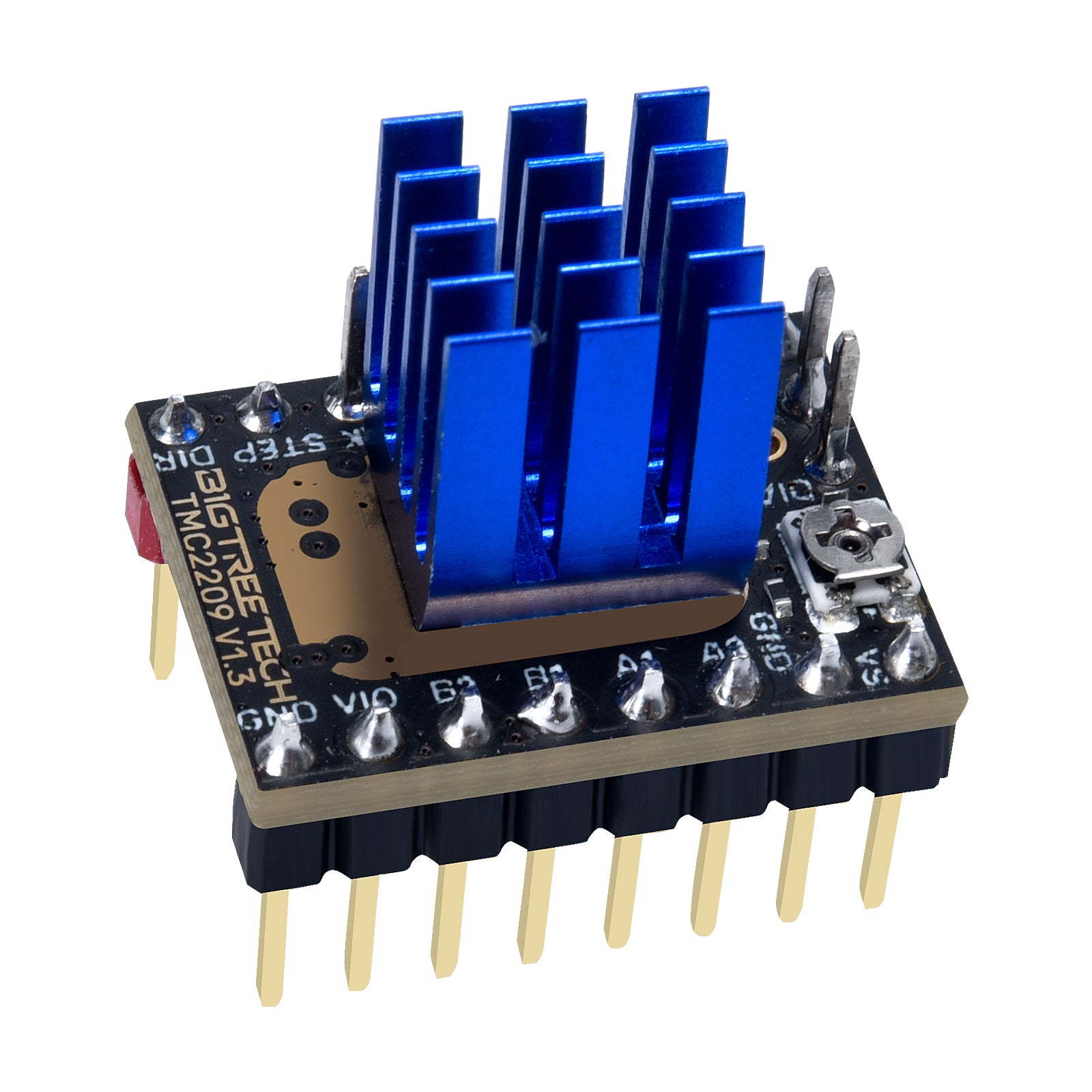TantalumPolytope
New Member
I have a PK266-03B stepper motor from Oriental motors and want to use it. Problem is: its 3V at a max. current of 3A. Low voltage, high current driver chips are apparently not really a thing. What can i do to still drive it?


